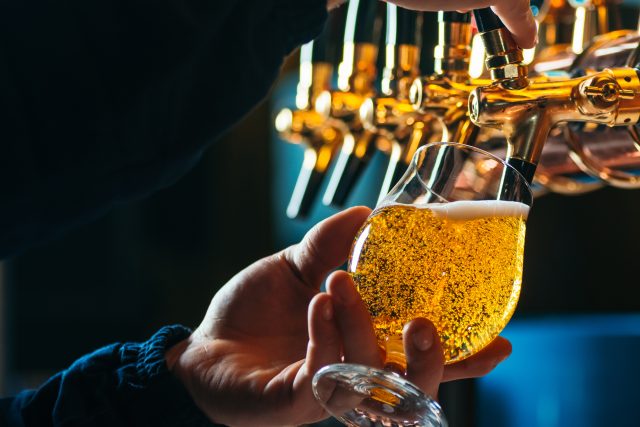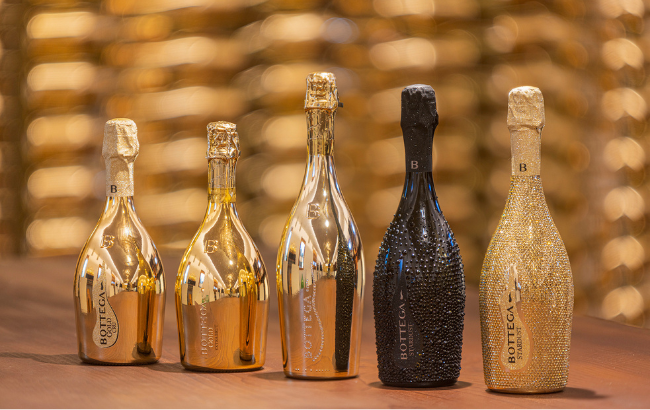Draught alcohol-free beer ‘could improve public health’
By Jessica MasonMaking non-alcoholic beers available on draught in pubs could assist in helping people make healthier choices, a new study has shown.

The research, collated by the University of Bristol, found that making the drinks more visible and easier to purchase in bars led to an increase in sales of non-alcoholic beers.
The 14 venues in the study has never previously offered alcohol-free beer on draught and yet completed two “control” periods randomly over eight weeks with the first replacing one draught alcoholic beer with an alcohol-free alternative, and the second maintaining the pub as usual.
The results showed that when an alcohol-free option was available, the pubs sold around 29 fewer litres (equal to 51 fewer pints) of standard beer per week, showing that the alcohol free beer cannibalised other beer sales, leading to a 5% dip in sales as customers opted for the non-alcoholic option.
The dip in sales was however replaced by an equivalent increase in sales of alcohol-free beer and also highlighted there was no impact on profit for the venue.
Partner Content
Speaking about the findings, Dr Angela Attwood, associate professor in the Tobacco and Alcohol Research Group (TARG) said that although alcohol-free options have been available for a while, they still do not have the same “visual prominence” in pubs and bars and are rarely served on draught. A trend that may change, given the data.
Attwood explained: “Although alcohol-free options have been available for a while in pubs and bars, they have not had the same visual prominence as alcoholic drinks and are rarely served on draught. Our study showed that providing front-of-bar draught non-alcoholic options could lead to some customers switching from alcoholic drinks. This does not restrict consumer choice, in fact it increases the options available to the customer, and at the same time could reduce population levels of alcohol consumption and improve public health.”
Ivo Vlaev, professor of behavioural science at Warwick Business School, pointed out that “altering the choice architecture in bars and pubs – the research leverages basic human biases towards easier, more prominent options”.
The research coincides with pub architecture potentially adapting with the rise in availability of ‘fresh ale’ taking a place at hand pulls in some pubs looking for options that last longer than cask.
Related news
Which beer styles are the most difficult to brew?




